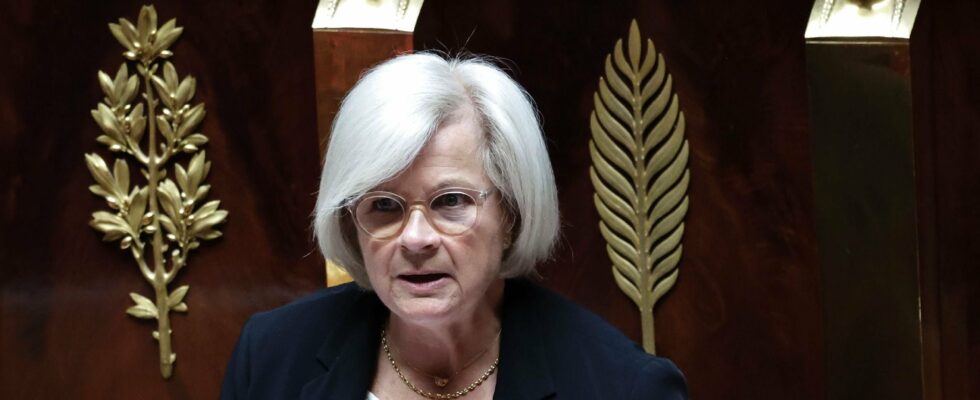This was to be the great societal reform of Emmanuel Macron’s second five-year term, one of those that leaves a mark in the history of a president. It was supposed to be, but it won’t be. By dissolving the National Assembly, the Walker chose to sacrifice his bill on the end of life, currently being examined by the deputies. A project that has been the victim of much presidential hesitation since 2017, to which have been added cynical political ulterior motives in recent weeks.
Since his first mandate, Emmanuel Macron has been procrastinating, hesitating, consulting around the inclusion of assisted suicide or euthanasia in French law. Many told him of the inadequacies of the Claeys-Leonetti law of 2016. But what path should we take next? How can we avoid attacking religions and some of the caregivers, who are hostile to such a project? Before deciding, the Head of State contacted the National Consultative Ethics Committee and the National Academy of Medicine, he convened a citizens’ convention. On the eve of the presentation of the text to the Council of Ministers in April 2024, no one yet understood what position the president really embraced. He seemed to want to reserve this right for exceptional situations while wishing to leave great freedom to deputies to amend it.
By launching the text into the parliamentary arena on the eve of the European election campaign, the Head of State chose to make it a political object. His hope? Catch up, with the creation of this new right, part of the center-left electorate lost with the immigration bill at the end of 2023 and attract right-wing voters more favorable to the project than François-Xavier Bellamy. Bet lost. And the rule is clear: any text which has not been definitively adopted at the end of a legislature must be re-discussed from A to Z. Since Sunday evening, the project has been almost buried. And whatever the configuration of the future assembly on July 7. If the National Rally emerges victorious from the polls, its priority will be elsewhere. If a new coalition emerges, it is unlikely that it will want to tear itself apart over a divisive text. And too bad for the overwhelming majority of French people who, survey after survey, said they were in favor of an evolution of the Claeys-Leonetti law and the creation of active assistance in dying.
